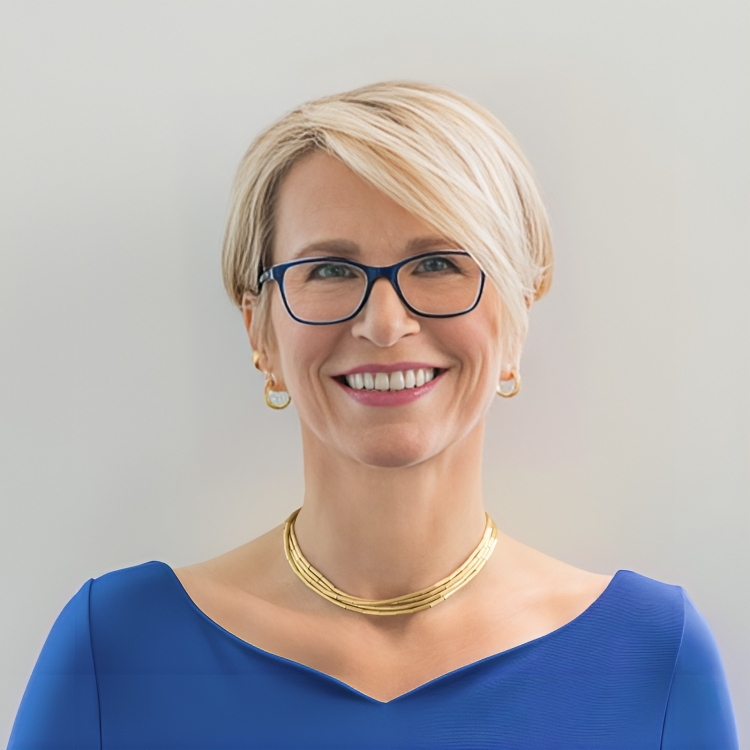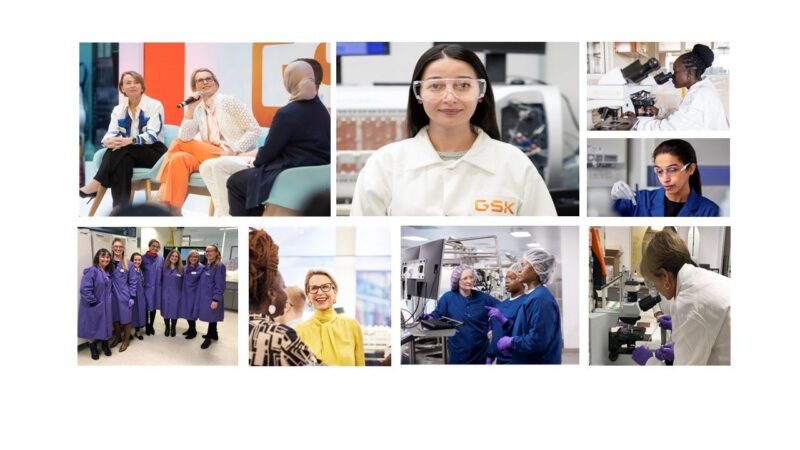
Emma Walmsley: I try not to define my work by my gender, but I recognise my responsibility to highlight what needs to change – like the gaps when it comes to health outcomes for women
Emma Walmsley, CEO of GlaxoSmithKline (GSK) Pharmaceuticals, shared on LinkedIn:
“I try not to define my work by my gender, but I absolutely recognise my responsibility to highlight what’s possible and what needs to change – like the gaps when it comes to health outcomes for women.
Recently published research shows women spend 25% more time in poor health than men. More than half of women’s health burden is from diseases that disproportionately, differently or uniquely impact women. And we see gender health gaps in research, data, care, and investment. And it’s not just women who are affected – the impact on them affects all those around them. By narrowing this gap we could help up to 3.9 billion women to live healthier, happier, and longer lives and potentially boost the global economy by $1 trillion annually by 2040.*
To improve health outcomes for women, individually and at scale we need action at scale. Whether that’s our work in designing HIV clinical trials to include more women – because we know that women and girls make up the biggest population of those living with HIV or our long-term commitments to reach more women with education about Lupus – a disease where 90% of patients are women. Or our investment in education, outreach, and research to find innovative solutions for gynaecological cancers. All supported by our investment in STEM careers for women and girls too – helping more than 138,000 students so far – supporting the next-generation of diverse innovators so they can contribute to finding solutions that address health inequalities. We know improving health outcomes for everyone is a challenge that can’t be solved alone – it takes the collective efforts of the broader health ecosystem – working together – and always putting patients and people at the heart of what we do.
Health equity isn’t a nice-to-have – it’s an imperative – for women, men, healthcare systems, and burdened economies. And by investing in women’s health, we’ll accelerate progress for everyone – and this is exactly what getting ahead of disease together is all about.”

Source: Emma Walmsley/LinkedIn
